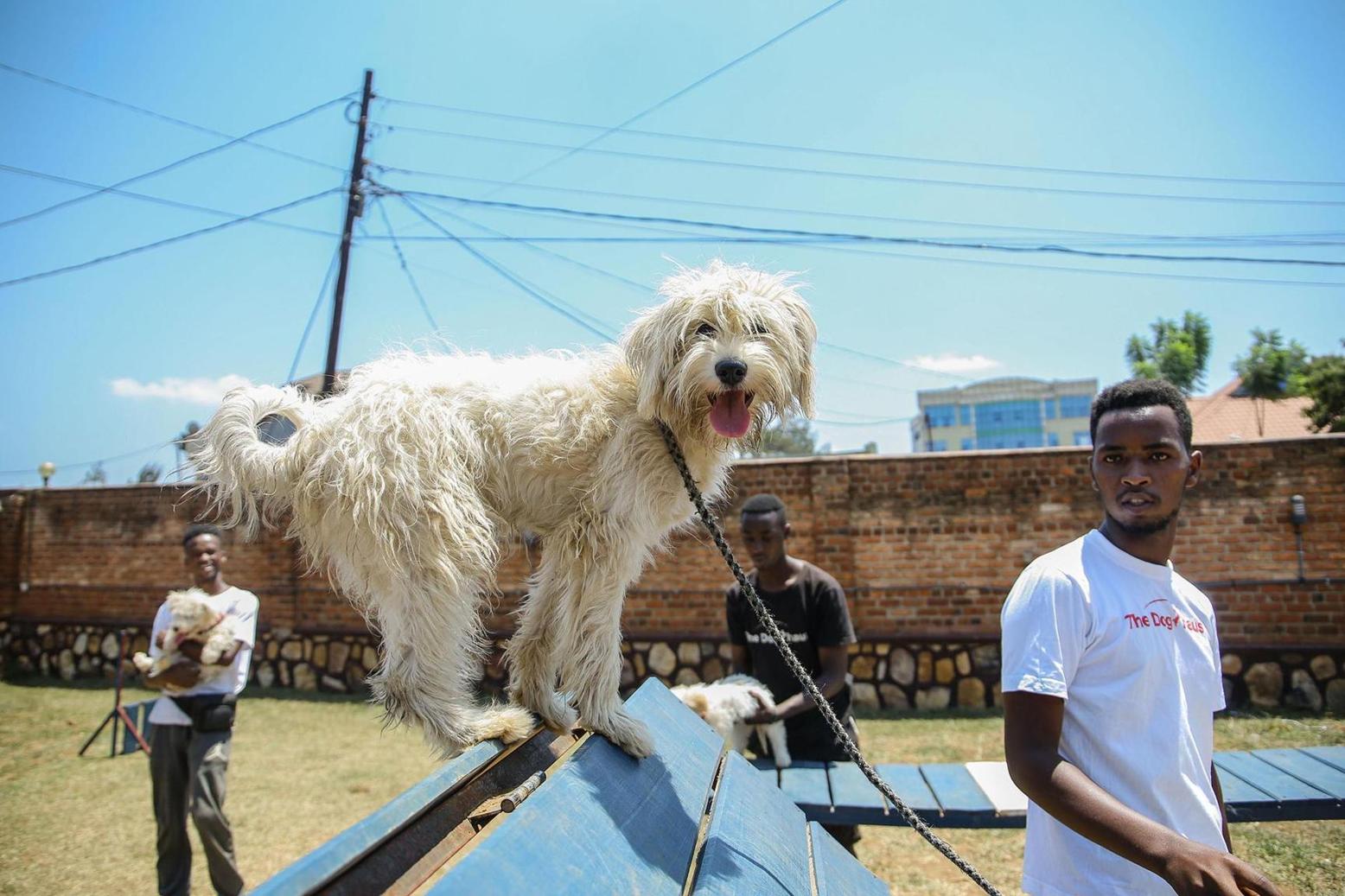Africa-Press – Rwanda. More Rwandan families are taking to the habit of adopting pets – mainly cats and dogs – for companionship or even guard purposes. And, more pet-related businesses are springing up in the country. Walk into a supermarket and you can hardly miss stashes of pet food on the supermarket shelves.
Medical, breeding and training services for pets are easy to come by, and there are even social clubs bringing together people who meet and discuss their pets.
But one conversation that has hardly been held is what happens when your beloved pet dies. There is no specific policy for disposal of deceased pets so The New Times reached out to pet owners to understand how it is currently being done.
Sandra Kamikazi owned a dog that had to be put to rest after it had grown old. “Losing a pet is a feeling that one cannot forget. You keep missing the time you spent together, the connection and love, it is like any other grief,” Kamikazi says.
When her dog died, Kamikazi says, she had no idea what to do or where to go. “I hired a random guy in the neighbourhood who took it and buried it,” she said, adding that up to now, she still has no idea of an alternative way to dispose of dead pets.
Eric Gahamanyi, the founder of Dog Haus, a company that provides training to pets and sells accessories, says that pets can be buried at any safe place, as long as they are not harmful to the environment.
“Currently we don’t have a dedicated location for burying pets, but animal clinics can help,” he says, adding that clinics charge fees for this service.
“I have lost many dogs in the past years. All I do is to find a place and bury them for myself,” Gahamanyi added.
Dr Jean Bosco Turikumwenayo, the head of New Vision Veterinary Hospital-Kigali, told The New Times how they deal with animals that die in their clinic.
“Our responsibility is to treat pets, when it dies, we deliver it to the owner to take care of the dead body,” he says. However, Turikumwenayo who specialises in treating small animals, pointed out that should the pet owner choose, they can offer cremation services.
“We also have an option of taking dead pets to our incinerator which is located in Musanze, if the owner can afford it,” he said.
There are regulations for burying domestic animals and according to officials from the Rwanda Agriculture Board (RAB), the same can be applied to pets.
Article 17 of the Animal Health Law says that an animal that died of infection or any of the diseases described in Article 3 of this law shall be buried in an indicated place or burnt by means of specific chemicals or in any up-to-date manner approved by the veterinary authority.
Dr Méthode Gasana Ngabo, an animal disease control expert at RAB, explains the diseases in Article 3 as diseases which are transmissible, are of serious socio-economic or public health consequences and that are of major importance in the international trade of animals and animal products.
While asked what happens to animals which die of causes different from the listed diseases, Ngabo said that they consider every dead animal as a public health problem.
“You always have to take precautions as you are not aware of the cause of the death,” he said.






